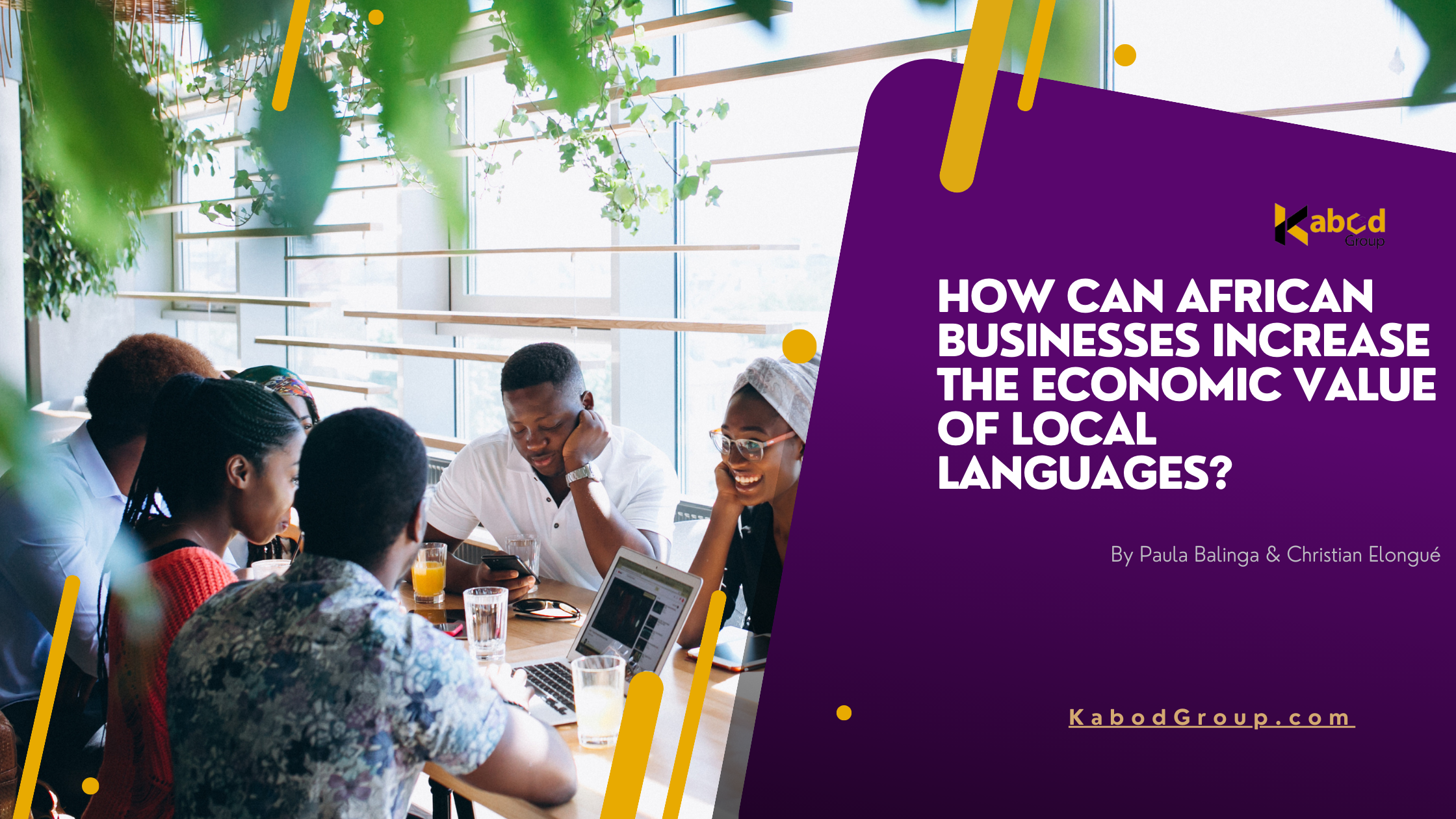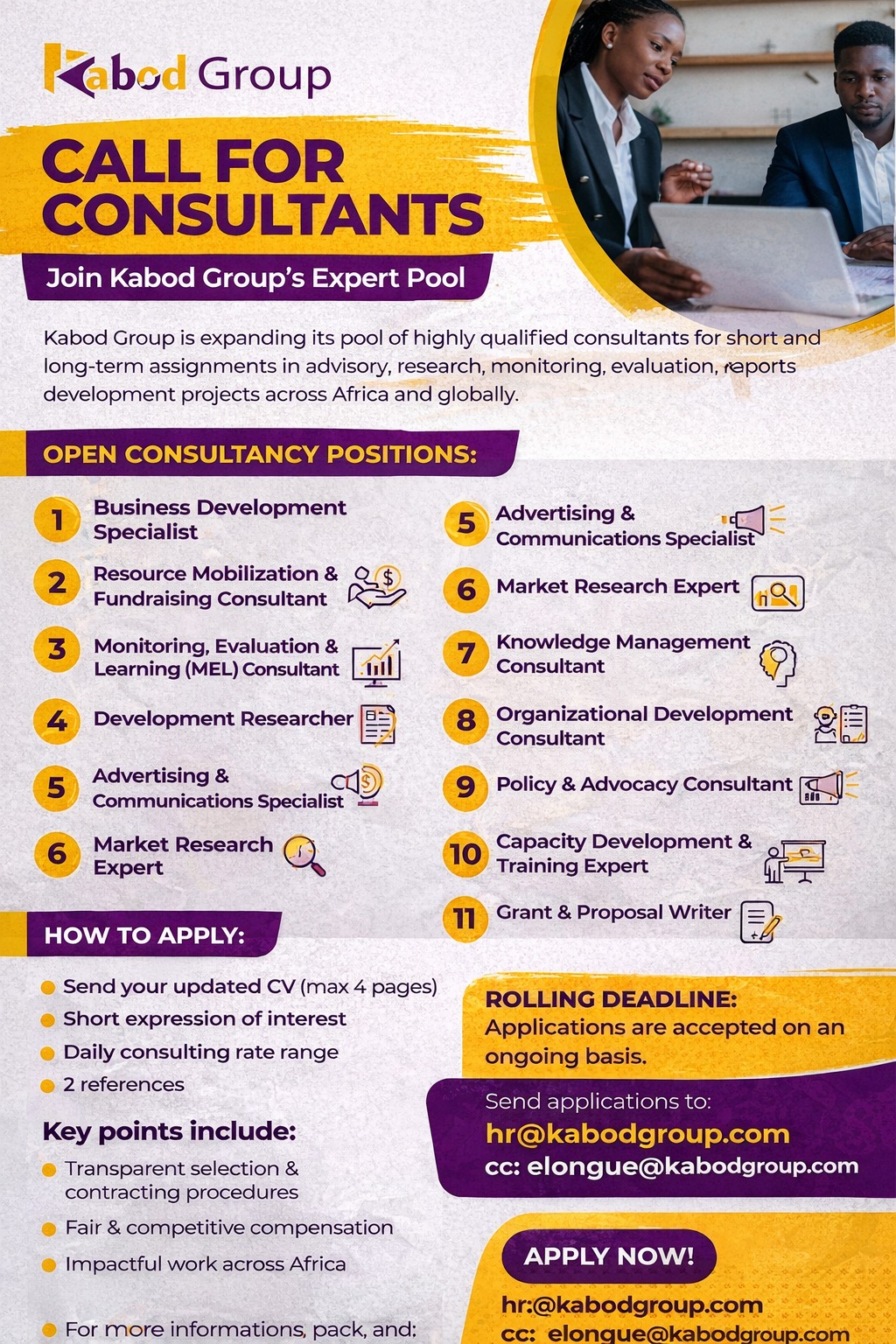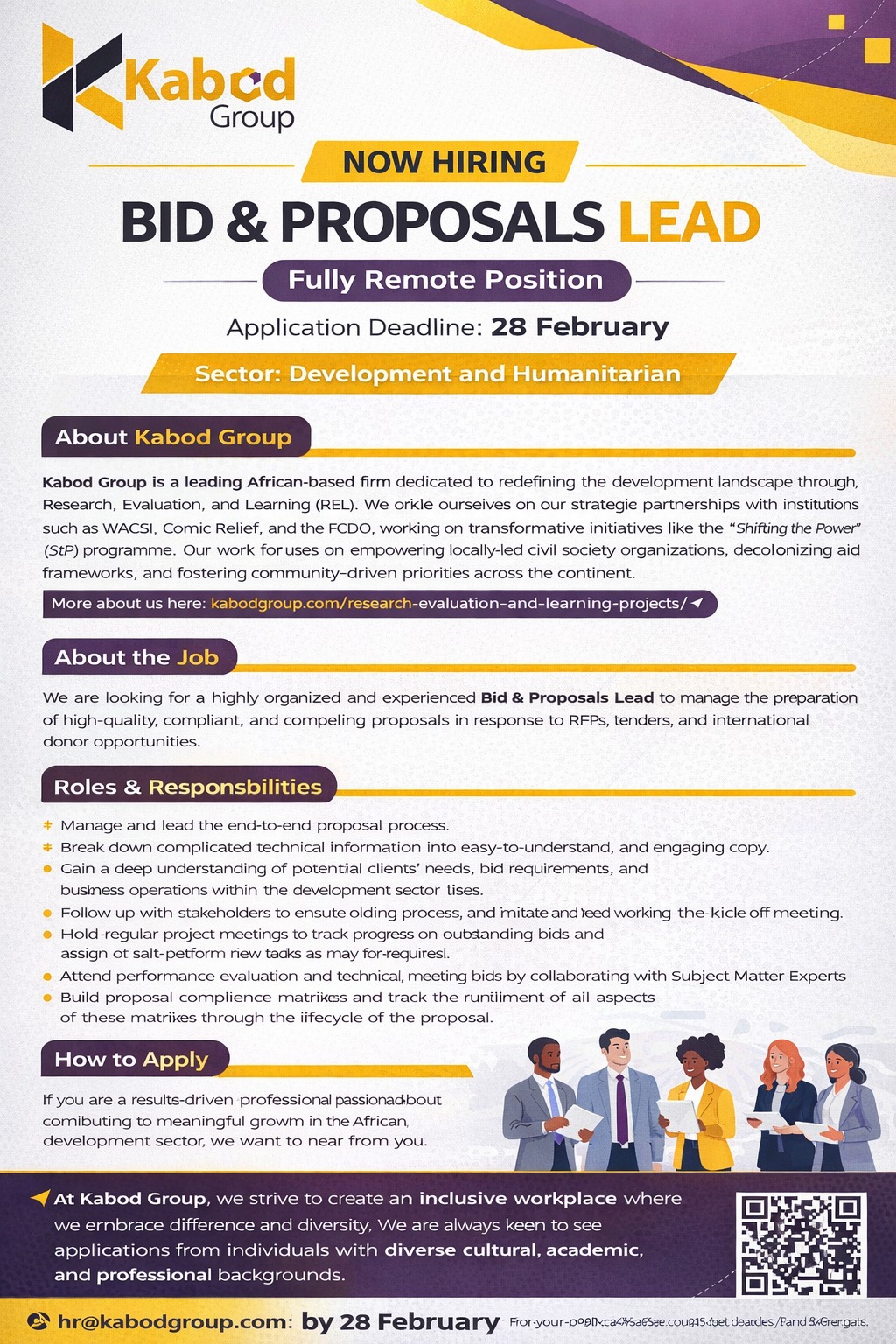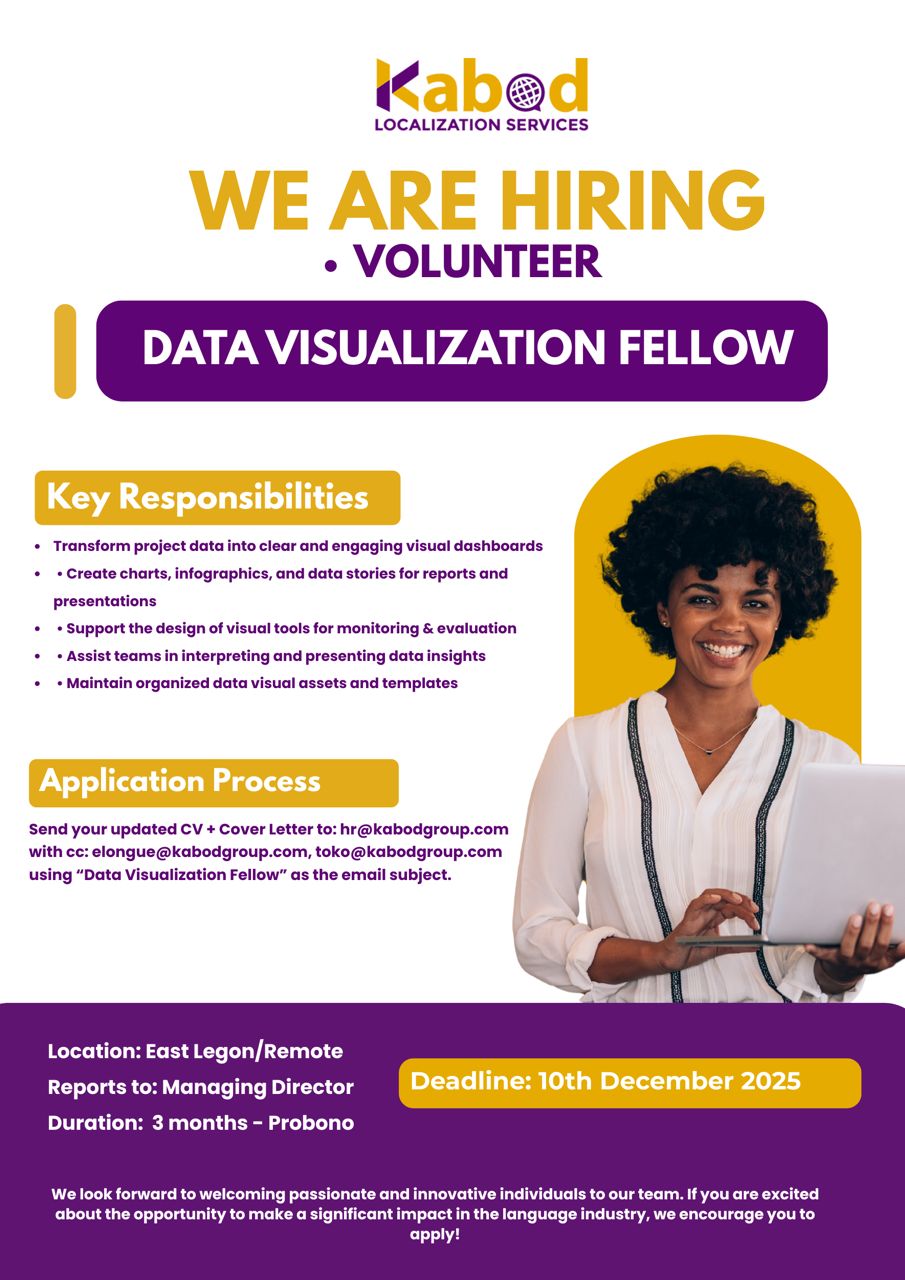By Paula Balinga & Christian Elongué
Introduction
The KLS Talk event on “Accelerating the Implementation of African Language Policies” was successfully held on Tuesday, 30th May, 2023. This was the second event of a KLS serie aiming at identifying strategies that businesses, government and citizens can use to boost the visibility and use of local languages. This specific edition focused on the economic value and attractiveness of local languages in Ghana and explored strategies for their increased adoption.
Event Background
The discussion revolved around increasing the economic attractiveness, value, and use of local African languages within business and public life. To better understand this need, it is important to indicates that Ghana introduced the National Literacy Acceleration Programme in the 2009/2010 academic year. This was after it was discovered in a baseline study that only 18% of third grade pupils could read text in their school’s Ghanaian language. Research confirms that quality education is best achieved when it is transmitted in a language familiar to the learners. Eleven major languages have been selected to be used alongside English. Schools can select any one of these languages in addition to English for its medium of instruction, depending on its location and learners’ proficiency in the language. The most common local language in the school’s community is used for academic instruction during the first five years of schooling – from Kindergarten to Primary 3, and teachers introduce children to English language at Primary 4 upwards. The goal of GNALP is to move children gradually to English as a medium of instruction and to help them succeed academically and take pride in their heritage.
However, most citizens opposed the bi-lingual programme because they felt the country lacked the teaching and learning resources to make it successful. Most teachers are not equipped to teach reading and writing in most of the eleven mother tongue language: Akuapem Twi, Asante Twi, Dagaare, Dagbani, Dangme, Ewe, Fante, Ga, Gonja, Kasem, and Nzema. This is true even if they are fluent in a language.
Researchers Joyce Esi Bronteng from the University of Cape Coast, therefore recommended further training to make the current system work. Teachers on the module require follow up support and a consistent refresher programmes.
KLS Highlights
It is with this background in mind that the second edition of the KLS Talk was organized. The host, Martinien Afangbedji from Kabod Group, introduced the topic and guided conversations between the two guest speakers: Mr. Ransford Adjetey, CEO, and Founder of AccentGlobe Language Consult, and Mr. Christian Elongue, Managing Director of Kabod Group.
Mr. Adjetey emphasized the importance of encouraging the next generation to preserve and elevate local languages. He proposed that the Ghanaian government should promote the use of local languages as official language and celebrate events like UNESCO’s International Mother Language Day.
Mr. Elongue highlighted the role of globalization, technology, localization, and Afrocentric technologies in promoting local languages. He encouraged local businesses to collaborate with local language service providers, linguists, and translators to ensure accurate and contextually appropriate language usage. Such collaboration between government agencies, educational institutions, community organizations, and language experts is crucial for boosting the use and value of local languages. Joint efforts would significantly boost the development of language resources, research projects, teacher training programs, and the establishment of language centers or institutes dedicated to preserving and promoting local languages.
The topic of incentives or policies that encourage or discourage business owners to adopt local languages as part of their recruitment requirements was addressed. Mr. Adjetey emphasized the absence of such policies in Ghana and advocated for the government to create incentives to motivate language adoption. Mr. Elongue stressed the importance of cultural pride and individual actions in promoting local languages, such as families encouraging children to speak the local language at home. He added that businesses should prioritize cultural sensitivity by recognizing the cultural nuances and context associated with different languages to build trust and establish stronger connections with local communities and customers. Activities such as language festivals, storytelling sessions, theater performances, and poetry recitals are great collaborative platforms to promote local languages and create pride within communities.
The conversation shifted to the role of policymakers in ensuring meaningful opportunities for citizens to participate in language policies and planning efforts in Ghana. Mr. Adjetey suggested exploring examples from other countries, such as Tanzania, where local languages are used in courts and government offices. He also emphasized the need for language preservation policies and the provision of learning materials.
Key recommendations for African businesses
Practical recommendations for fast-forwarding language policy implementation solutions in Ghana were discussed. Key suggestions included strong policy implementation, affordable language schools, government investment in local language materials, advocacy efforts, leveraging technology and social media, empowering language teachers, promoting collaboration among stakeholders, and providing necessary logistics for language teaching.
- Businesses should prioritize language localization efforts by translating their products, services, and marketing materials into African languages. This approach helps in reaching a broader audience and creating a more personalized and inclusive experience for customers. Moreover, African businesses can invest in the development of technology solutions that focus on African languages. This includes Natural Language Processing (NLP) tools, translation software, and voice recognition systems specifically designed for African languages. Such is the case of Kabod Languages Services where we heavily invest in technology tools and applications that support local languages to enhance their accessibility and usage.
- Businesses can support educational initiatives and local language programs. This includes funding local language courses, sponsoring language-focused events, and partnering with educational institutions to encourage the learning and use of African languages. Utilizing local languages in media outlets, including television, radio, newspapers, and digital platforms, can significantly contribute to their visibility and usage. Citizens should request and businesses sponsor the creation of media content in local languages, such as news broadcasts, entertainment programs, and online content.
- Businesses should also adapt their marketing and communication strategies to cater to African languages. This involves utilizing African languages in advertising campaigns, social media content, and customer support services. By communicating in local languages, businesses would establish a stronger connection with their target audience, gain trust, and foster brand loyalty.
- Businesses can form partnerships with local language-focused organizations (Kabod Group, Bolingo Consult etc.), cultural institutions (Alliance Française, Goethe Institute etc.), and governmental bodies (Ghana Institute of Languages, Ghana Language Bureau etc.) to collectively work towards promoting African languages. Collaboration can help create a supportive ecosystem for language development, encourage language policies, and leverage resources for the advancement of African languages in the business sphere.
By implementing these strategies, businesses can enforce and accelerate the attractiveness of African languages, contributing to cultural preservation, fostering local engagement, and expanding their customer base in Africa.
Conclusion
The KLS Talk event highlighted the importance of accelerating the implementation of African language policies for the economic growth and cultural dignity of Ghana and the African continent. The speakers emphasized the shared responsibility between the government, businesses and the people in ensuring successful policy implementation. Despite ongoing efforts, challenges such as inadequate policies and resources remain. It is therefore important for African countries to strengthen the implementation of existing language policies that promote the use of local languages in various domains, including education, government, media, and business. Legislation can be enacted to protect and support the rights of individuals to use their native languages.
It is also important to strengthen the integration of local languages into the education system by developing curricula that incorporate local languages at various levels of education, including early childhood education, primary, secondary, and tertiary levels. Organizations, communities, and individuals can further engage in advocacy campaigns to promote the value of local languages and encourage their use in everyday life, including at home, in public spaces, and in the media.
The event sparked valuable discussions and provided insights into the benefits of local language policies. Due to time constraints, some critical questions could not be fully addressed. Therefore, it is recommended to organize a future event to address these questions and further advance the implementation of local language policies in Ghana and Africa. The recording of the event can be found on our youtube channel here. This allows participants to revisit the discussions and continue their efforts to accelerate the implementation of African language policies.
Next Steps
Out of the many recommendations and ideas shared during the event, the immediate and central action step that speakers identified, is the support of local language publishing industries and the promotion of localization services in local languages. This would create enough economic incentives for the use and development of local languages. By implementing these strategies, Ghana, like any other African country, can effectively boost the use and value of local languages, fostering linguistic diversity, cultural preservation, and social cohesion.





